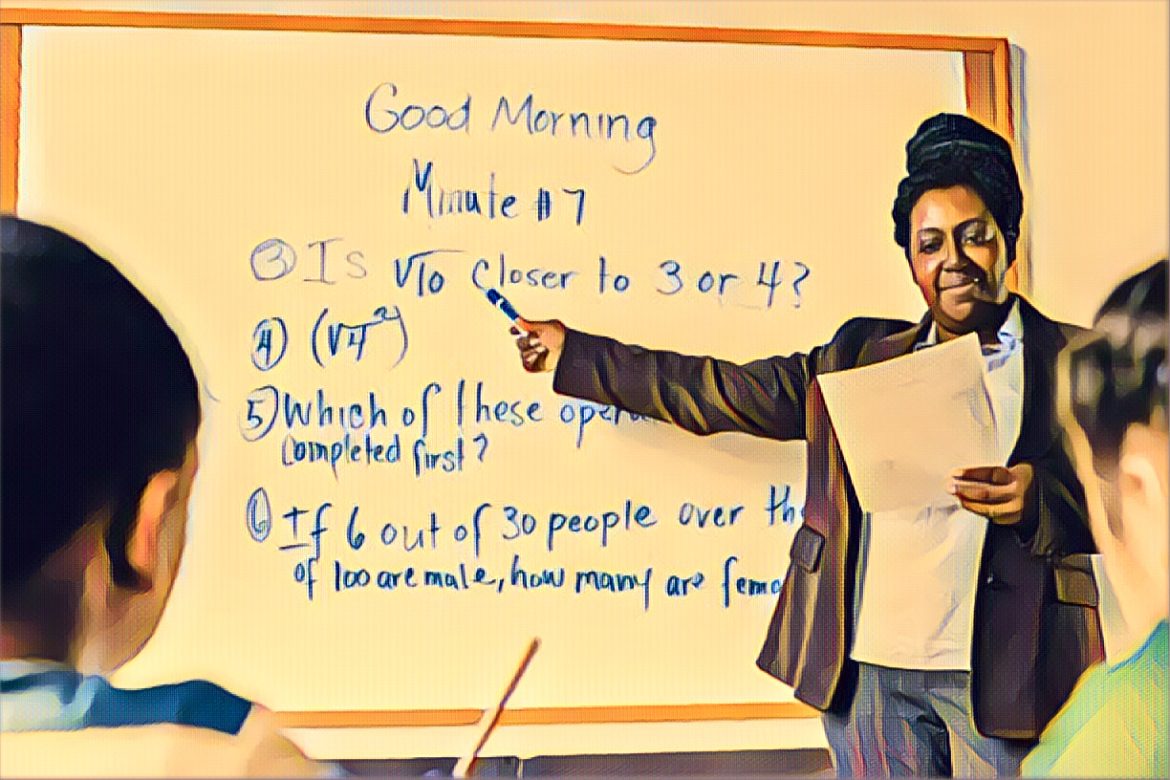In a heated debate, Zimbabwean teachers and government officials are at loggerheads over the contentious issue of holiday lessons. The disagreement centers around whether teachers should conduct lessons during school holidays and whether such actions violate any existing laws.
The teachers’ unions argue that there is no legal prohibition against conducting lessons during holidays. They maintain that their commitment to education extends beyond regular school terms. However, government representatives assert that teachers should adhere strictly to the official academic calendar and refrain from organizing classes during breaks.
The dispute has escalated due to several factors:
- Budgetary Constraints: The unions attribute poor budgetary allocations to the Ministry of Primary and Secondary Education as a significant hurdle. The allocated budget falls below the 22% threshold recommended by the Dakar Convention. Insufficient funding affects the quality of education and puts additional pressure on teachers to supplement their income through holiday lessons.
- Working Conditions: Teachers cite inadequate working conditions as another reason for offering holiday lessons. Dilapidated infrastructure, overcrowded classrooms, and limited resources hinder effective teaching during regular terms. Many educators view holiday lessons as an opportunity to provide personalized attention and bridge gaps in students’ learning.
- Legal Ambiguity: The crux of the matter lies in the absence of a specific law prohibiting holiday lessons. While government officials argue that teachers should strictly adhere to the official school calendar, teachers contend that their commitment to students transcends administrative boundaries. They emphasize that their actions are driven by a genuine desire to enhance learning outcomes.
- Student Welfare: Proponents of holiday lessons argue that they benefit students by reinforcing concepts, addressing learning gaps, and preparing them for upcoming exams. These additional sessions can be especially helpful for struggling students who need extra support.
- Parental Consent: Teachers maintain that they seek parental consent before organizing holiday lessons. They argue that parents appreciate the opportunity for their children to receive additional academic support during breaks. However, critics question whether parental consent alone justifies the practice.
- Professional Autonomy: Teachers assert their professional autonomy and argue that they should have the flexibility to adapt their teaching methods based on students’ needs. They believe that rigid adherence to the official calendar may not always serve the best interests of learners.
Despite the lack of a specific legal framework, the government remains adamant that teachers should refrain from conducting holiday lessons. Officials argue that such activities disrupt the planned academic schedule and may lead to inconsistencies in curriculum delivery.
As the debate rages on, students and parents find themselves caught in the crossfire. Some students appreciate the extra learning opportunities, while others prefer a complete break during holidays. Parents, too, hold varying opinions, with some supporting teachers’ initiatives and others expressing concern about potential burnout.
The Ministry of Primary and Secondary Education has yet to issue a definitive stance on the matter. Until then, Zimbabwe’s educators continue to grapple with the delicate balance between their commitment to students and adherence to official guidelines.
In this tug-of-war between educational ideals and administrative constraints, the fate of holiday lessons hangs in the balance. As the nation awaits clarity, teachers remain steadfast in their belief that their actions serve the best interests of the students they serve.
Source: Newsday


